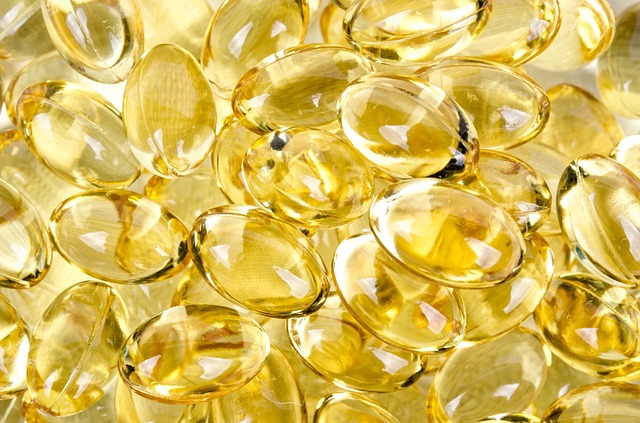
by admin | Sep 23, 2014 | Stress Relief
Introduction: Of all the foods available on planet Earth, those produced from the bean of the cacao tree (Theobroma cacao) are the most magical, interesting, and delectable. Our long- standing love for chocolate is now being matched by scientific research on its...

by admin | Sep 16, 2014 | Natural Facts
Introduction: Natural Eggshell Membrane (NEM®) is an innovative nutritional supplement that brings fast relief to people suffering from the pain, stiffness, and impaired mobility of osteoarthritis and other joint health problems according to the results of a recent...

by admin | Sep 1, 2014 | Natural Facts
Introduction: In a breakthrough study, office workers with more light exposure at the office had longer sleep duration, better sleep quality, more physical activity and better quality of life compared to office workers with less light exposure in the workplace. The...

by admin | Sep 1, 2014 | Natural Facts
Introduction: A huge and growing amount of research has now shown that vitamin D deficiency is very common (at least 50% of the general population and 80% in infants), and plays a major role in the development in many of the chronic degenerative diseases. In fact,...

by admin | Aug 27, 2014 | Stress Relief
Whether you’re aware of it or not, you have a pattern for coping with stress. Unfortunately, most people have found patterns and methods that do not support good health. If you want to be truly successful in coping with stress, you need to identify negative...








